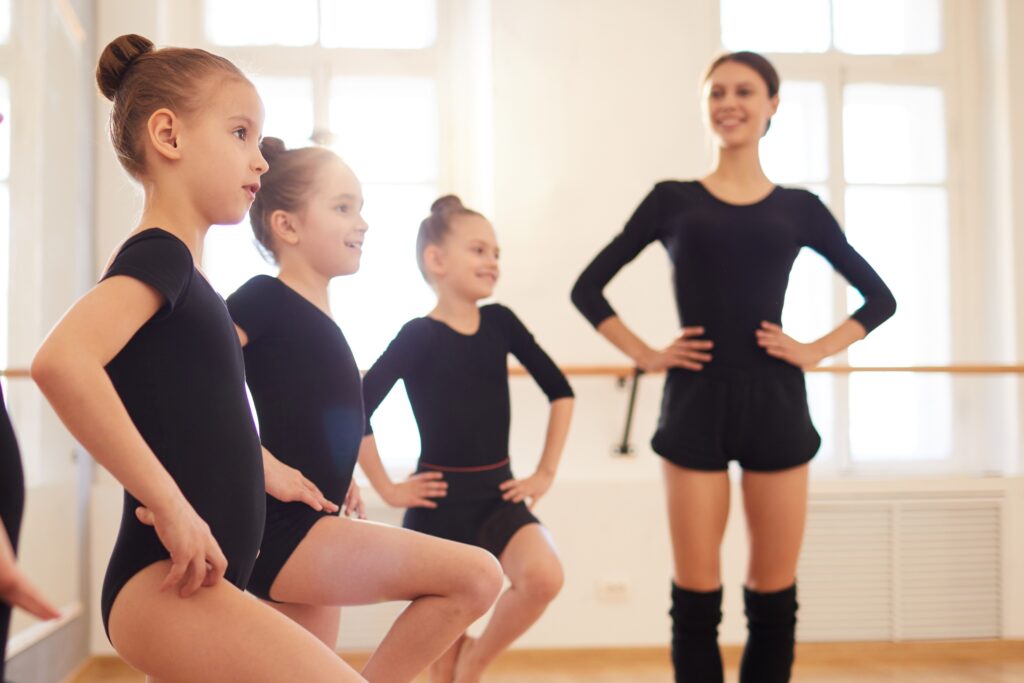For many children, dance begins as a fun way to move, learn rhythm, and meet friends. Over time, some young dancers start showing signs that they may be ready to take on more challenging classes. Moving into an advanced class is an exciting step, but it is also a big commitment that requires both readiness and support. Parents often wonder when the right time is, because moving up is not just about being able to do harder steps. It also means your child needs the focus, discipline, and motivation to handle the higher expectations. Every child progresses differently, but there are clear indicators that can guide the decision.
Strong Technical Progress
One of the most important signs that a child is ready for an advanced class is consistent improvement in their technique. This might be seen in how they hold their posture, their ability to balance, or the control they show in every movement. For example, a dancer who once struggled to hold a turnout may now demonstrate better alignment. Or a child who found it hard to remember simple steps may now be able to recall longer sequences with confidence. When progress is steady and noticeable, it shows that they are absorbing the lessons and may be ready for greater challenges.
Increased Focus and Discipline
Advanced classes are more structured and require longer periods of concentration. A child who listens carefully, follows instructions, and stays engaged throughout an entire class is likely ready to step up. Discipline in dance is not just about learning steps, but also about showing respect for the teacher, classmates, and the art itself. If your child arrives prepared, pays attention, and manages distractions well, these are signs that they are developing the maturity needed for more advanced training.
Passion and Motivation
A strong love of dance often sets advanced students apart. Children who practise their steps at home, talk excitedly about their classes, or show curiosity about famous ballets and dancers are often ready to handle the extra demands of an advanced class. Motivation is what helps them keep going when routines get harder or when they have to repeat the same move many times to get it right. If your child shows excitement about improving, it is a good sign that they have the drive to succeed at a higher level.
Physical Readiness
As dance levels increase, so do the physical demands. Children who have built strength, flexibility, and stamina through regular practice may be ready to take on more complex movements and longer sessions. For instance, being able to perform jumps with controlled landings or showing endurance through a longer routine indicates growing physical readiness. At the same time, it is essential to be mindful of growth stages. Children’s bodies are still developing, so ensuring they are not overworked is essential. Teachers can provide valuable guidance on whether a child’s body is ready to move into an advanced class safely.
Ability to Learn and Apply Corrections
Another sign of readiness is a child’s ability to listen to corrections from the teacher and apply them in practice. This shows that they are not only hearing the advice but also understanding and acting on it. For example, if a teacher points out that their arm should be higher during a turn, and they adjust it in the next attempt, it demonstrates focus and a willingness to improve. Advanced classes involve frequent feedback, so this ability is crucial.
Confidence on Stage and in Class
Performance opportunities usually increase at advanced levels. If your child enjoys being on stage, shows confidence in front of an audience, and performs with enthusiasm, they may be ready for more public experiences. Confidence also shows in class when children are not afraid to try new steps or take risks with their movement. This does not mean they are always perfect; rather, it means they show resilience and are willing to keep going, even after a mistake.
Positive Attitude Towards Challenges
Advanced dance is not always easy. The routines become more complex, expectations are higher, and progress sometimes feels slower. A child who reacts to challenges with determination rather than frustration is better prepared for this stage. If they see mistakes as a chance to learn and keep practising with a smile, it shows they are developing the perseverance needed for success.
Teacher Recommendation
One of the most reliable ways to know if your child is ready is through their dance teacher’s feedback. Teachers see how students behave, improve, and respond in class. They know when a student has the skills and maturity to benefit from moving up. A teacher’s recommendation also ensures that the child does not feel overwhelmed by being placed in a level too early. Parents can use this guidance to make a balanced decision.
Balancing Dance with Other Commitments
Moving into an advanced class often means more hours of training, rehearsals, and performances. Before deciding, it is essential to look at whether your child can balance these demands with schoolwork, rest, and other activities. For example, a child who already has many extracurricular commitments might feel stressed by the added workload. Finding a healthy balance ensures that dance remains enjoyable rather than becoming a burden. Rest and free time are also vital for children’s well-being, so it is essential that an advanced schedule still allows space for relaxation, family, and friends.
Conclusion
Recognising when your child is ready for a more advanced dance class involves looking at their progress, motivation, and overall development. It is not only about technical ability but also about focus, resilience, and joy in dancing. Moving up should feel exciting and supportive, not overwhelming, and it should encourage your child’s growth as both a dancer and a person.
Kew School of Dance guides children through every stage of their dance journey, helping them progress at a pace that suits their abilities and goals. Our supportive environment ensures that young dancers can challenge themselves while still enjoying the art of dance. To find out more about our programs and advanced classes, contact us at 03 9123 8458 or 0410 311 008.








